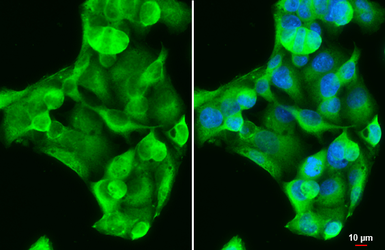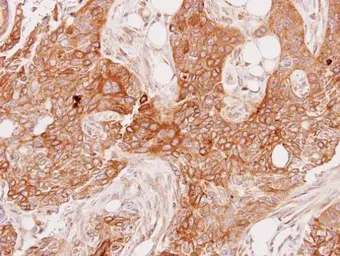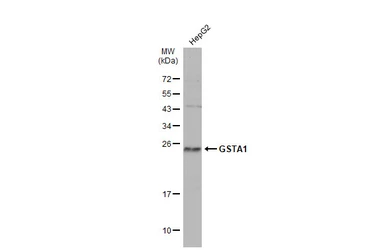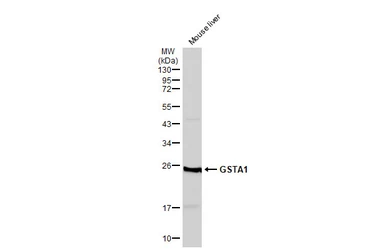GSTA1 antibody
Cat. No. GTX113722
Cat. No. GTX113722
-
HostRabbit
-
ClonalityPolyclonal
-
IsotypeIgG
-
ApplicationsWB ICC/IF IHC-P
-
ReactivityHuman, Mouse



